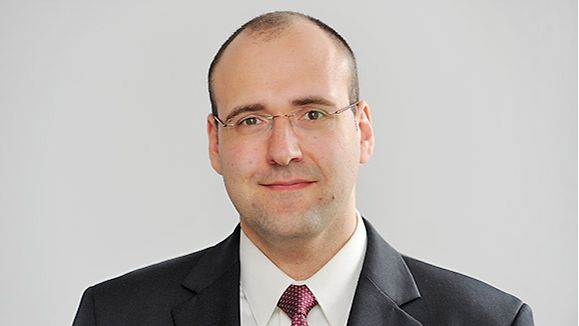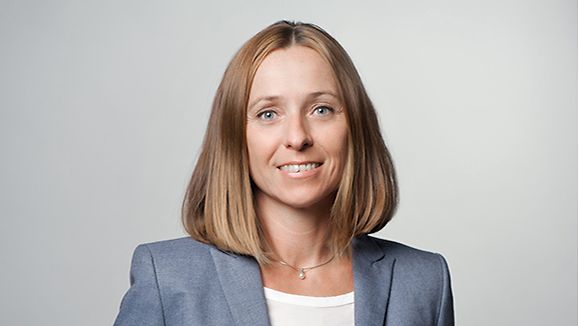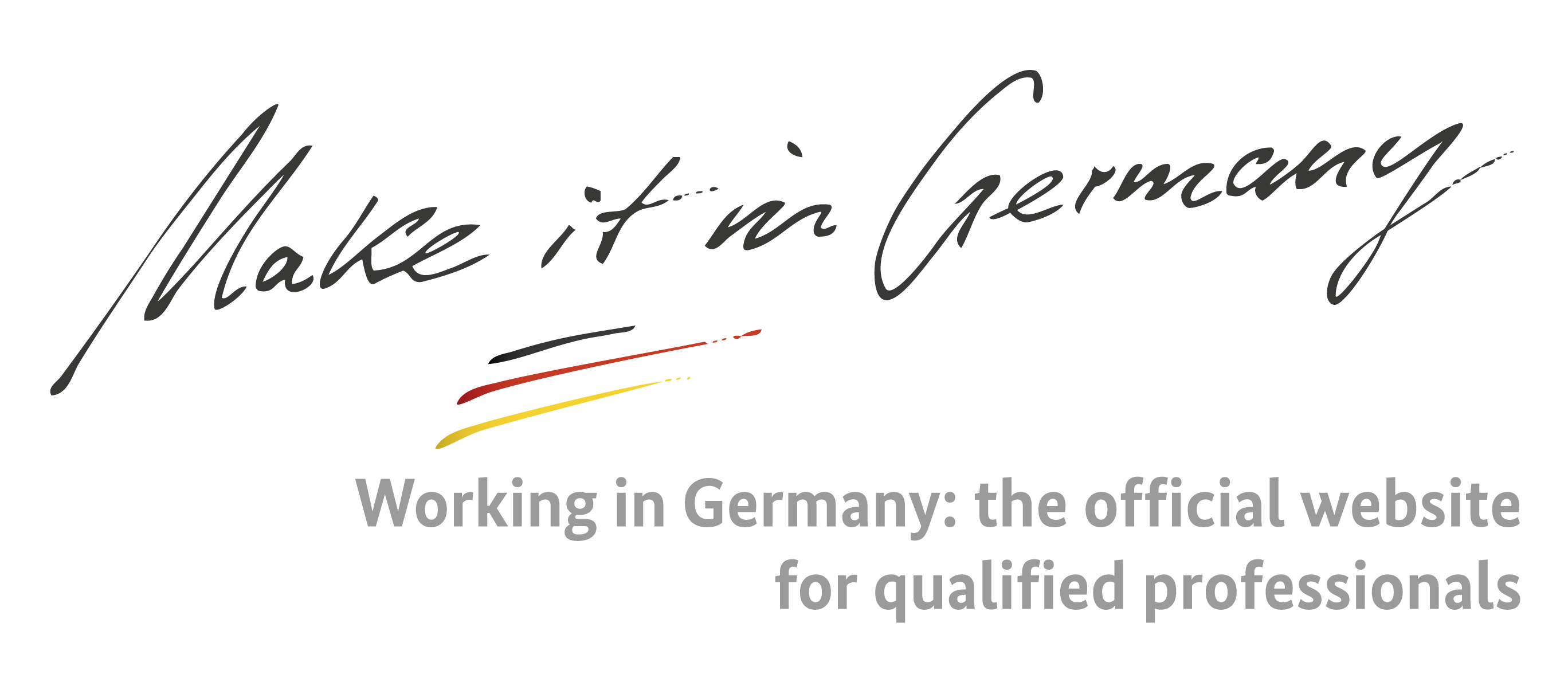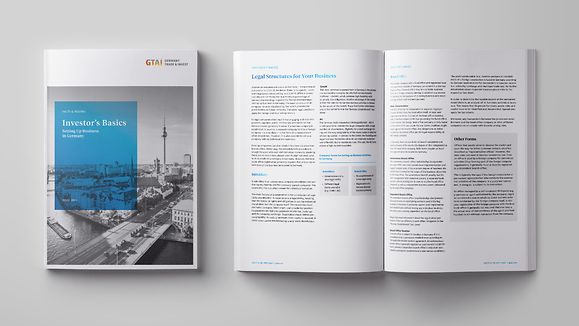Germany has reformed its immigration law. The major ambition of the modernization is to attract more skilled workers from abroad.
The modernization of the Skilled Immigration Act creates new opportunities to enter Germany for employment or training. The act provides a three-pillar model on which skilled labor immigration is to be based:
- skilled labor,
- experience, and
- potential.
Most of the new provisions came into force in November 2023 and March 2024. Some regulations, like the "Opportunity Card," will be applicable from June 2024.
Skilled labor force
Skilled labor remains the central element of immigration in the act. In general, the law provides for greater flexibility. Skilled workers with a degree acquired or recognized in Germany are now able to pursue any form of qualified employment - not just in the sector in which they acquired their degree.
Recognition of professional qualifications
Recognition of the professional qualification in Germany is now possible after entry into the country. For this purpose, skilled workers and employers must agree on a recognition partnership. The partnership requires a professional qualification of at least two years training or a university degree - both of which must be recognized by the country of training as well as German language skills to level A2.
This allows employers to employ qualified staff from non-EU-countries more quickly. The employee can also complete the recognition procedure in Germany and take up a qualified employment post from the very first day of arrival.
The EU Blue Card
The EU Blue Card is available to a greater number of skilled workers as a result of the lowered salary threshold. The scope of the EU Blue Card for professions in special demand has also been significantly expanded. For instance, managerial staff in the production of goods or in logistics, as well as an extended group of healthcare professionals have also been included. These groups benefit from an even lower salary threshold.
Another new feature is that IT specialists without a university degree are able to obtain an EU Blue Card under certain conditions where they can provide evidence of certain non-formal qualifications. It has become easier for EU Blue Card holders to change employers in general.
For detailed information on the reformed EU Blue Card, please refer to our Investment Guide to Germany.
Recognizing professional experience
Immigration of workers with at least two years of professional experience and a professional qualification recognized in the country of issue is now allowed. To be eligible, a certain salary threshold must be reached or the employer must be bound by collective bargaining agreements. The removal of the need to recognize professional qualifications in Germany for this group means less bureaucracy and shorter procedures. It is sufficient that the responsible German authority confirms that the degree is recognized in the country in which it was obtained. Where the conditions are not met, recognition of the professional qualifications in Germany is still required.
"Opportunity Card" for job seekers
An "Opportunity Card" will be introduced for people who do not yet have a concrete job offer but who have potential for the labor market. This will be based on a points system that includes criteria made up of formal qualifications including knowledge of German and English, professional experience, links to Germany, age, and employment potential of life partners or spouses.
The opportunity card facilitates the search for a job. Employment of up to twenty hours per week - including trial employment with a future employer for up to two weeks - is already permitted during the job search.
Are you looking for international skilled workers?
If you want to attract international skilled workers, the Quick Check for employers from "Make it in Germany" - the German government's portal for skilled workers from abroad - will show you how to search for, recruit and integrate skilled workers living abroad.





